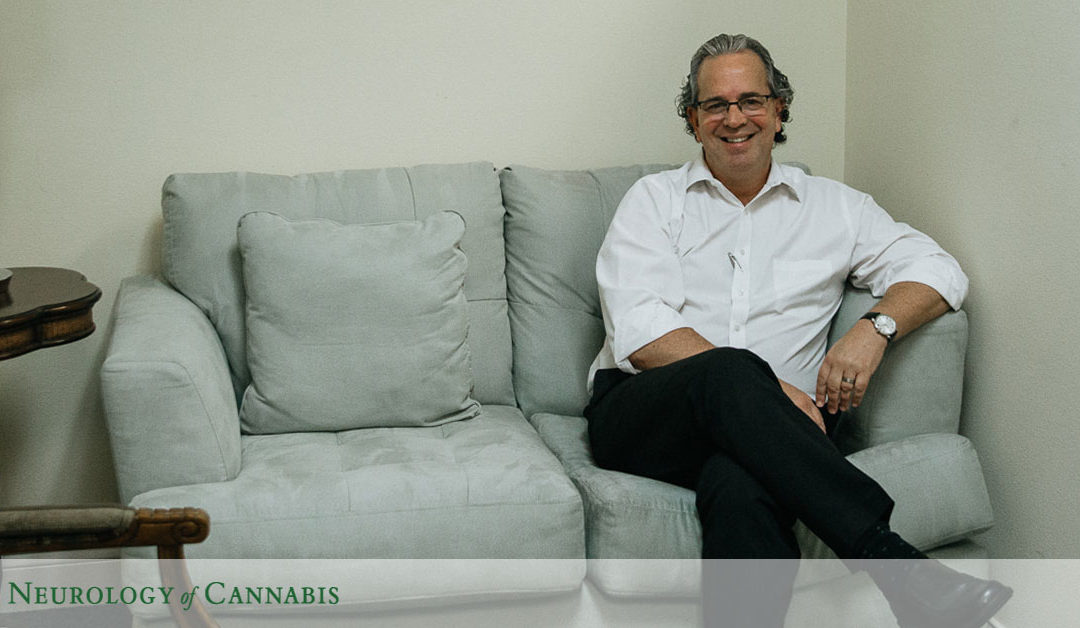Florida is unique in many ways, and one of them is the demographic of our residents. Many people reside in Florida only part-time or seasonally. Known as snowbirds, these residents typically live in the state over the winter months and return to another home up north during the heat of summer. This arrangement has implications from taxes to medical providers. Part-time residents often ask if they qualify for a medical marijuana card, especially if their second home state has not yet legalized cannabis for medical use.
There is good news for part-time residents. According to the law, you are only required to have resided in the state for 31 days to be eligible. Simply put, snowbirds are permitted to enjoy the benefits of medical cannabis by obtaining a Florida medical marijuana card – as long as a Florida physician has confirmed a diagnosis of one of the qualifying medical conditions.
Are You Considered a Resident?
It is no secret that Florida provides a popular escape to those fleeing winter weather. The state’s population swells between November and April, returning to a decreased level when the weather up north begins to warm up. The key to getting your medical marijuana card lies in the state’s differentiation between a part-time resident and a visitor or vacationer.
The answer is simple but is nuanced.
Many people rent for several months over the winter, but they may not be considered a resident. Those seeking an MMJ card under residency must prove their residency status, such as a current utility bill or recent mortgage payment. Individuals may also provide mail from a financial institution or government agency, as long as received within the prior two months.
A lease may be acceptable in some situations, but more evidence may need to be provided.
In most cases, if you are receiving mail, bank statements, and utility bills to a Florida residence, you qualify for an MMJ card.
Let’s Review Qualifying Medical Conditions
Under Florida’s medical cannabis laws, a qualifying condition is typically determined by your physician. If a state-certified doctor evaluates you and recommends marijuana to treat your chronic or debilitating illness, you qualify. The state does provide guidance by providing a list of specific qualifying conditions. These conditions include
- ALS / Lou Gehrig’s disease
- Cancer
- Crohn’s disease
- Hepatitis C
- Epilepsy and seizures
- Glaucoma
- HIV / AIDS
- Chronic muscle spasms
- Multiple sclerosis, muscular dystrophy, or Parkinson’s disease
- Post-traumatic stress disorder (PTSD)
- Severe chronic pain
Suppose a doctor determines that your condition exhibits the “same severity/symptoms” as one of the illnesses on the list, but it is not included. In that case, they have the discretion to recommend marijuana. Some additional conditions that may qualify include:
- Anorexia
- Anxiety, depression
- Chemotherapy side effects, nausea
- Chronic pain, fibromyalgia, migraines
- Depression
- Diabetes
- Inflammatory bowel disease
- Neuropathy
- Osteoarthritis, rheumatoid arthritis
- Spasticity
- Tourette’s syndrome
How to How Do I Get a Doctor’s Recommendation?
Once a cannabis-certified physician determines that you qualify, you will collect all relevant medical records from your doctor. Your general physician should understand which documents are necessary. Your cannabis physician may also offer to speak with your regular physician to obtain the required records. You may also choose to become a new patient for the cannabis physician and make them your primary doctor.
Once your eligibility is established, the doctor will assist in your Medical Marijuana Use Registry registration. You will log in, complete an application and upload proof of residency documents. Once the state has approved you, a card will be mailed to your Florida address.
Going Home with Medical Marijuana
While it is allowable to purchase medical cannabis upon application approval, you should not travel without your MMJ card if you have medical cannabis in the car.
Once you have your card, you can travel with medical cannabis as long as it is not in an open container. However, you are only protected within Florida. If you drive or take a plane up north, you may have an unpleasant encounter with federal officials or state officials if you travel through a state where cannabis is still illegal.
Therefore, you may want to leave your cannabis in Florida when you leave.
Call Today for More Information
Dr. Daniel P. Stein is a board-certified neurologist and renowned expert in the field of medical cannabis. To learn more about your eligibility to receive medical cannabis, call the Sarasota offices of Neurology of Cannabis, or have your physician refer you directly.

